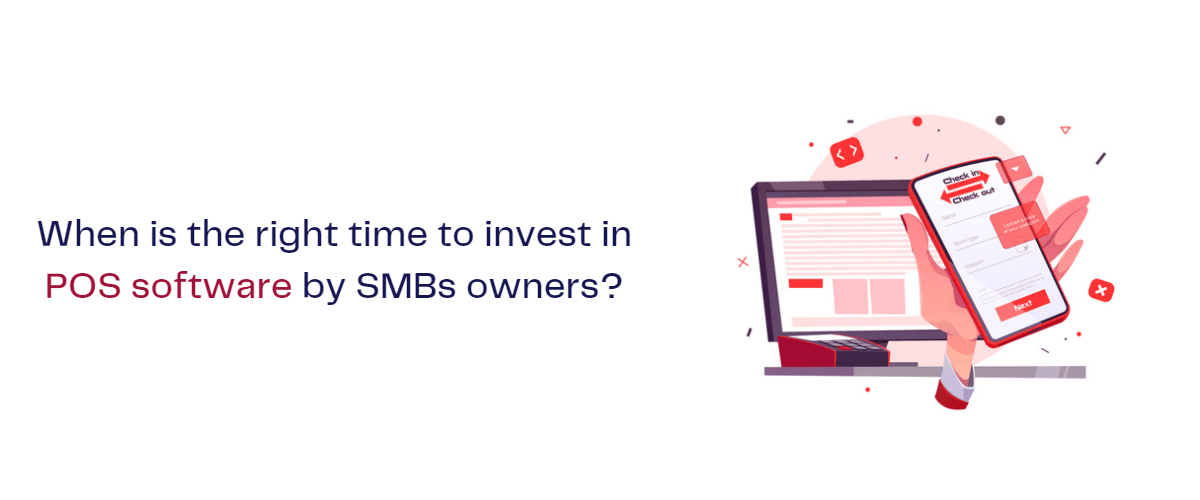The popularity of point-of-sale systems (POS) continues to rise.
Grand View Research estimates that the POS terminal market accounted for $75 billion in 2020. Between 2021-2028, the industry is expected to experience a 6.9% compound annual growth rate. When you consider the many benefits of using point-of-sale systems, this upward growth is not surprising. These are the benefits of POS software that will help you reconsider your hesitation about using it.
41% plan to replace or upgrade their POS system, while 59% prefer omnichannel experiences with their current POS system.

It can be difficult to choose the right POS software for your small business from the many available. We compared more than 20 POS systems and researched them all. We evaluated systems on ease-of-use, software and hardware options, customer service, features, and pricing.
What is POS Software?
A POS (point-of-sale) is a combination of hardware and software that centralizes business management.
Point-of-sale software is the place where the sale takes place.
If Tony Stark owned a brick-and-mortar business, he would use a POS system. You should, too.
Modern POS systems can not only process sales transactions but also:
- Provide real-time data, reports, and statistics
- automate manual tasks
- help you manage your inventory, employees, customers
- You can find out more about it!
All this is so that you, as a business owner, can make data-driven business decisions that will increase your sales.
A good POS software is essential for any business, whether it’s a shop, cafe, restaurant, food truck or vape shop.

What type of sales software do you need?
Because it powers your hardware, the software is the most critical element of your service. Software that is not well-designed, too restrictive, has too many extras, or does not function as expected will result in lost time, customers, and even money.
The entire system should be accessible to your staff quickly and easily from the moment it is activated. This means that you should invest in a reliable service with a track record of reliability and support.
There are some things to consider when looking for a POS system
After you have analyzed your business needs, it is time to begin exploring the POS software that can best meet those needs.
Here are some things you should consider when shopping for a POS system.
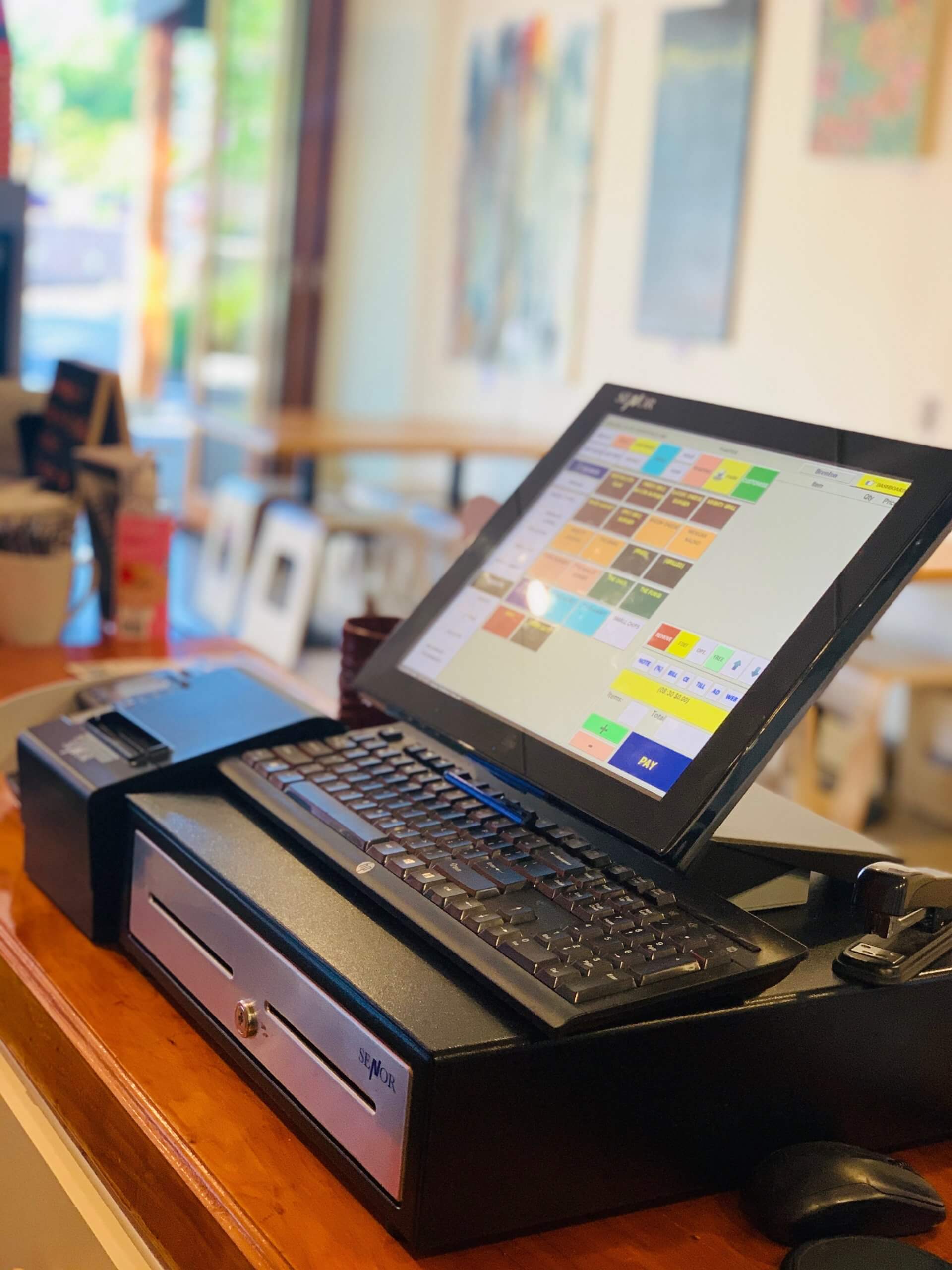
It’s easy to use
To set up and use the POS system, you don’t have to be an engineer. It should be easy to use.
You should find your POS software easy enough that you don’t have to refer to it often or call tech support every day.
Hardware
The type and size of your business will determine the type of hardware that you require:
- A tablet, card reader, and cash box may be necessary for small retailers.
- You may need terminals for larger operations, such as receipt printers, barcode scanners, or barcode scanners.
Software
POS systems begin with the program. Make sure to review each option’s capabilities, costs, and benefits to ensure they are the best fit for your business.
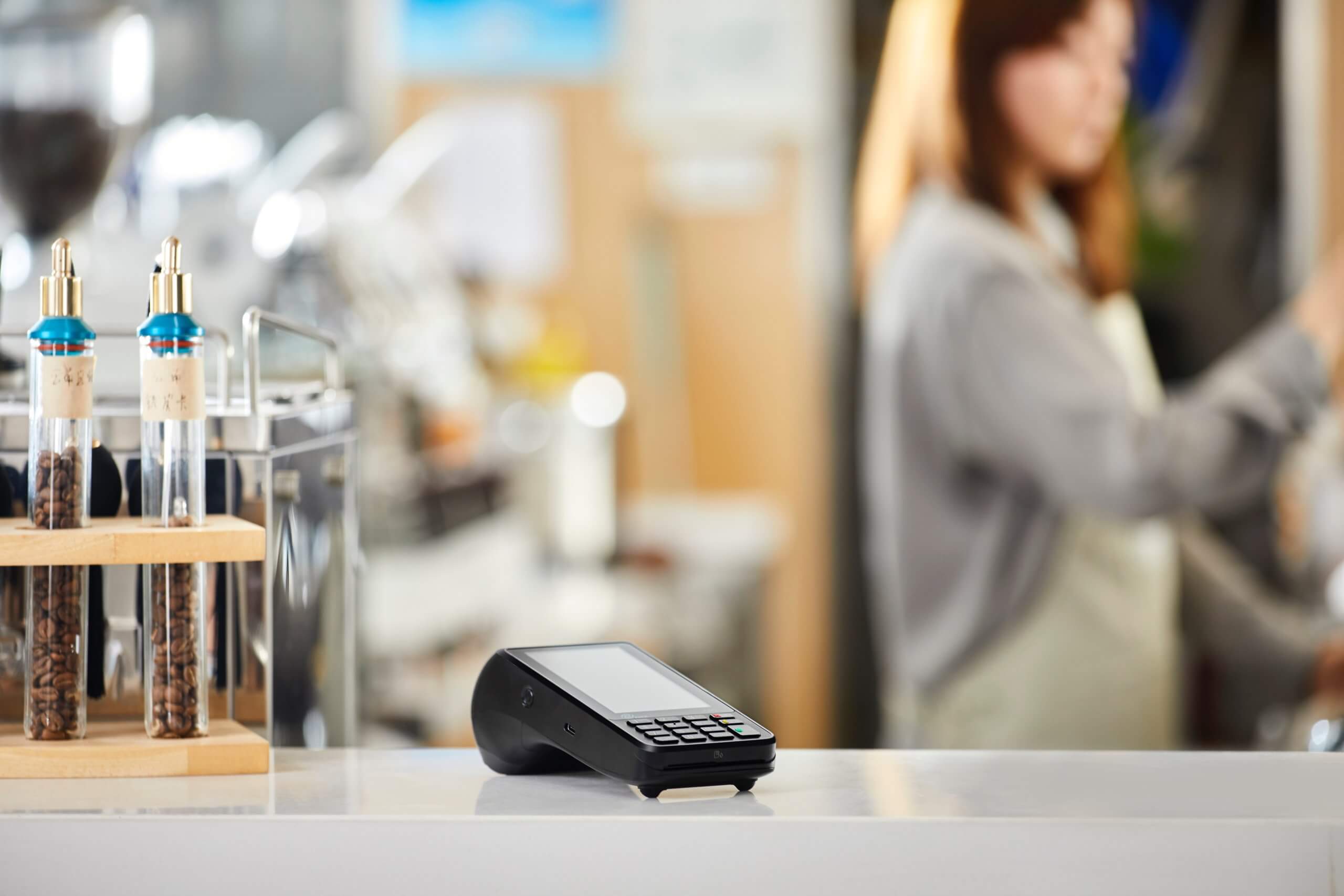
Integration
Is the point-of-sale software compatible with existing tools, apps, and software?
Many solutions include native software that will lock you into their tools. It is best to look for POS systems that seamlessly integrate with third-party vendors.
Automation
Is the system able to automate tasks and reduce manual inputs? A good POS software should, for example, be able to use data from your supply chain and logistics to update order and inventory information.
The Features of POS Software
Automate to Reduce Strain
POS software can be a great equalizer. They allow small businesses to not get bogged down in business-facing obligations that take up so much time and energy. A small brand can provide friendly and fast service at a fraction of the cost of a larger brand.
Business owners of all sizes can benefit from a variety of integrations that help track sales, inventory, and employees. This data can be tracked in real-time, and it is much easier than manually entering the information. Your brand can now quickly review and print vital business information. Instead, you can use employee resources to allocate elsewhere.
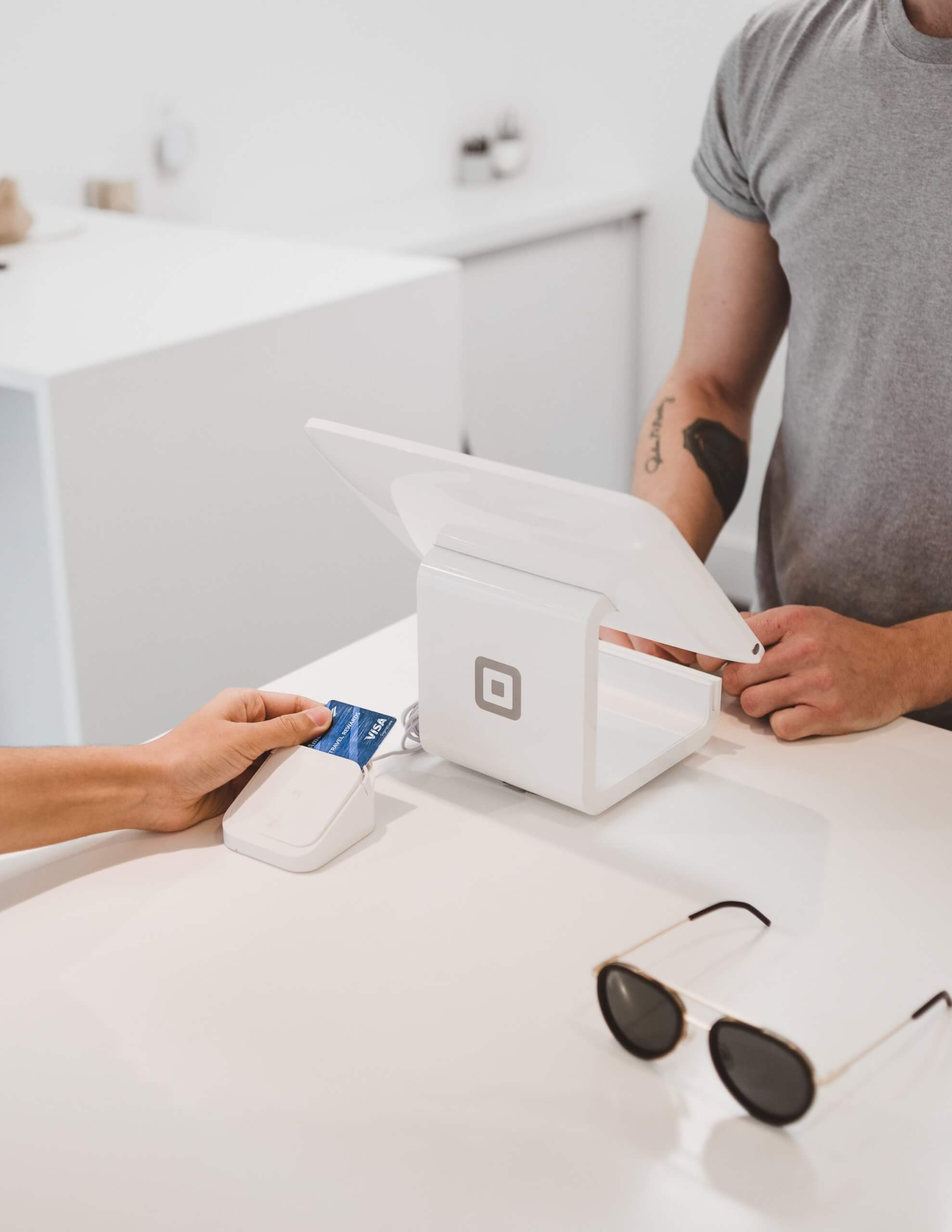
Cloud-based POS systems allow you to manage your business from any location.
Do you work from home and are often on the go?
Cloud-based POS systems allow you to run your business from anywhere and anytime.
Cloud-based POS software store their data on the Internet so that they can be accessed from any location.
This is great news for small business owners who are busy.
To find out how much stock is left on a particular item, you don’t need to call your employees or go to your store.
To view the data, all you have to do is to access your back office StoreHub from your device.
Productivity Improvement through POS Systems
It takes a lot of time to manually enter information about inventory, payroll, customer satisfaction, and much other important information. Automating repetitive and monotonous tasks can save you time. The software will complete these tasks for you and the associated data can be used to improve customer service and streamline your business.

Are you able to scale your business easily?
Your business should not remain static. It will expand. Consider your future needs in five, ten, and ten years.
Consider how fast you can grow, and that will help you determine your long-term POS requirements. Take this example:
- Are there any ways to add features to your POS software?
- What is involved in upgrading?
- Are you going to need to change POS systems?
You must always think ahead as a business owner.
Maximizing your POS System’s Potential for Business Growth
After you have chosen a POS software to use, you should look at ways you can improve the platform for your business. Many POS systems include additional features, add-ons, and apps that can help you save time and increase productivity.
It’s possible to want to keep things simple at the beginning. Once you feel comfortable, start exploring all that the system has to give, including:
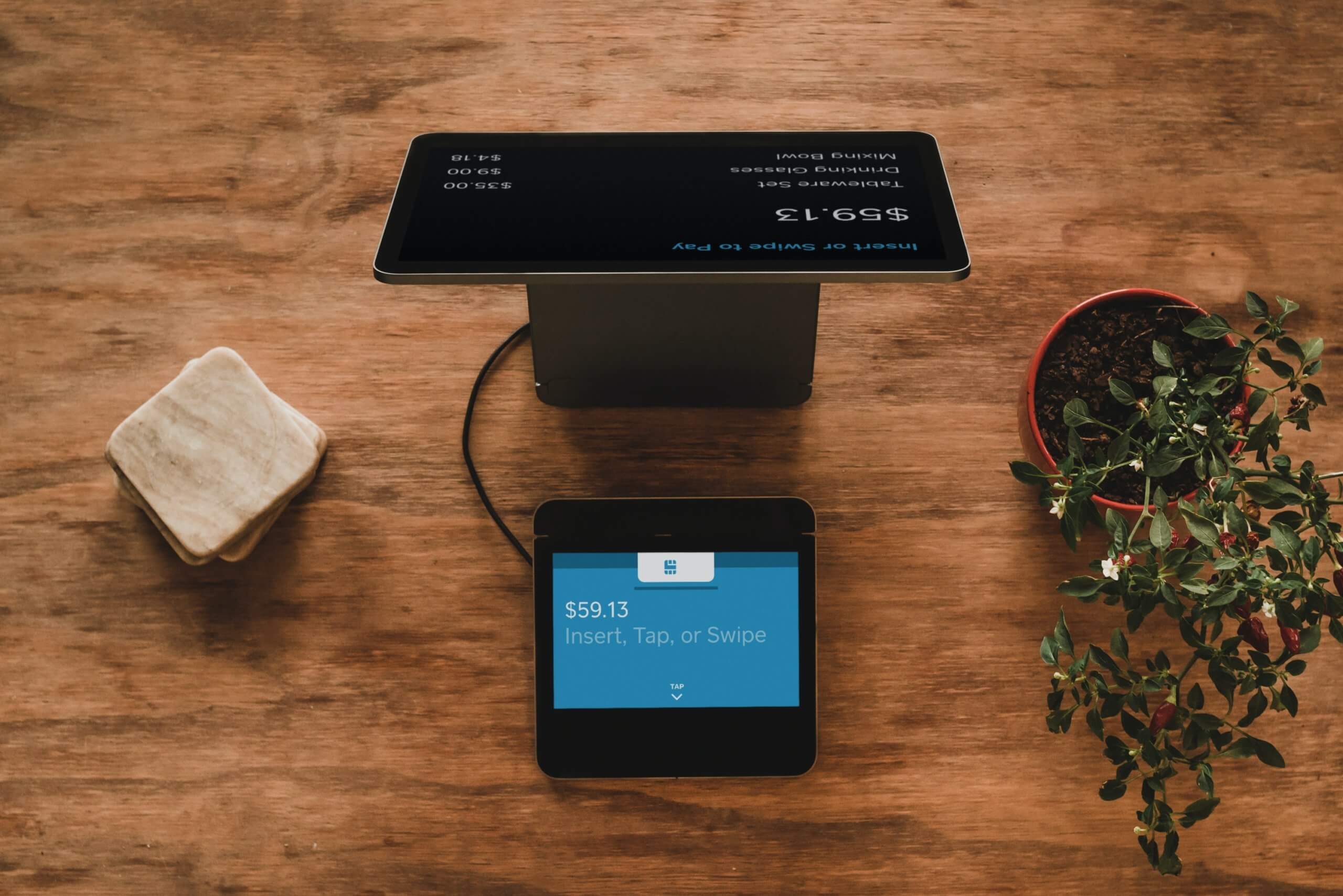
Conclusion
There are many pros and cons to POS software. Your brand could be left behind if you continue to operate without one. Competitors will adopt software that allows them to do more, save time, and money.
Author Bio
Akshay Bhimani is a Software Analyst at Techimply, India. With experience in the technology-driven field, he has mastered his knowledge on How(s) and What(s) to be done for a business. Also, he’s keen to share his knowledge on a few technology-related topics such as cloud technologies, POS, CRM, ERP Software Pune, and data security with readers that can assist any kind of business.

